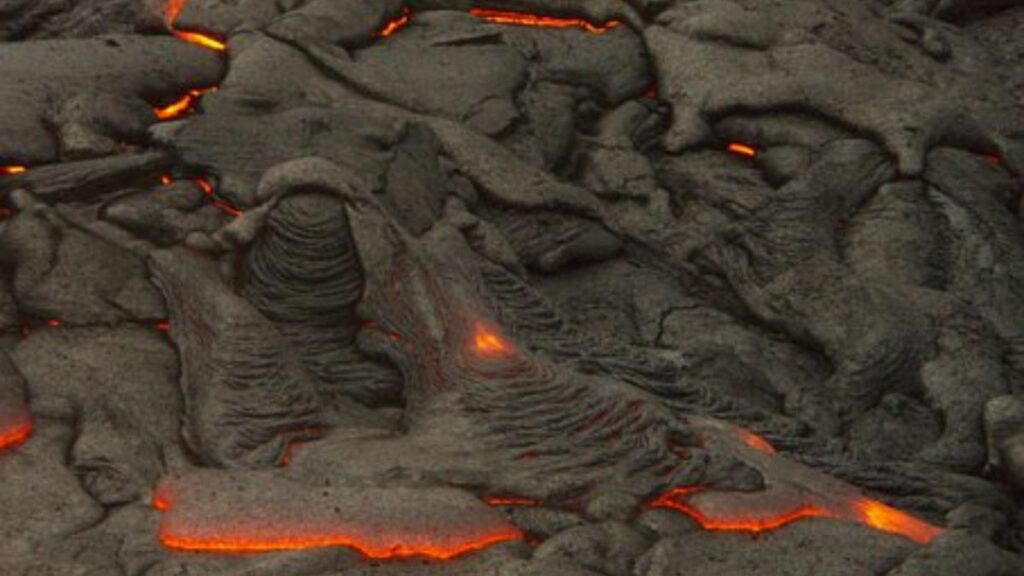Last updated on April 22nd, 2021 at 11:39 am
For days, the Caribbean island of St. Vincent has been completely covered in ash due to the violent and repeated eruptions of the La Soufrière volcano. The situation is so critical that the Prime Minister, Ralph Gonsalves, has ordered the evacuation of 16,000 people in the north of the island. But he has set a condition: only those who have received the vaccine will be rescued. What about the others? They will not be able to board evacuation ships and will have to remain at the mercy of the volcano.
An explosive situation
In a video, Gonsalves explained that “the chief medical officer will identify people who have already been vaccinated so they can be transferred to the boats.” The team of the Seismic Centre at the University of the West Indies in Kingston, Jamaica, estimated that the column of ash released from the first explosion rose 10 kilometers above the island. So far it’s been the loudest explosion. But Richard Robertson, a geologist at that university, told a news conference that there could still be worse outbursts. Experts added that the explosive eruptions could continue for days, even weeks. St. Vincent residents also witnessed the terrible phenomenon of the eruptive thunderstorm, which is the formation of lightning in the column of smoke. The volcano last erupted in 1979, but the most dramatic contemporary eruption was in 1902, when 1,600 people died.
Vaccine-refractory inhabitants
The possibility of such a tragic scenario happening again agitates the island’s authorities, but evidently their main concern is that people are vaccinated. The point is that most of the evacuees would be housed on the neighboring islands of St. Lucia, Grenada, Barbados and Antigua, which, however, require vaccination before welcoming anyone. “If people are willing to welcome you during a pandemic, they wish you the highest level of protection possible,” Prime Minister Gonsalves commented to the press. An opposition senator, Shevern John, said that many people would be willing to stay on the island in order to reject the shot. “People are very afraid of the vaccine,” Reuters reported. According to data from the World Health Organization reported by Times, only 10% of the approximately 100,000 inhabitants of St. Vincent have been vaccinated so far.
The disaster could last for years
“Not everything will be perfect, but if we all work together … we’ll come out stronger than ever,” Gonsalves said. He also added that it could be months before people can return to their homes. But it all depends on the extent of the eruptions. Experts do not rule out that the disaster may not take months, but years to resolve. And in the meantime, who will guarantee the right to life of those who are “guilty” only of not being vaccinated, as if one could vaccinate oneself? Perhaps the COVID-19 era is already introducing new and heavy forms of discrimination?
